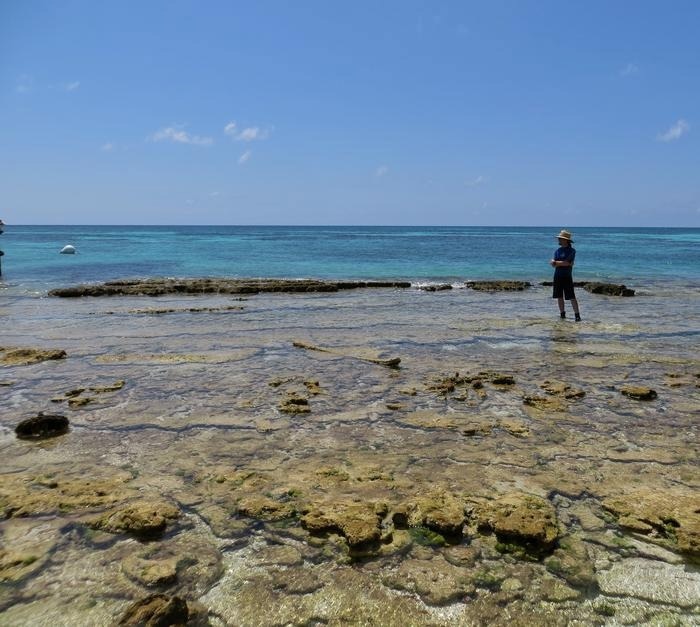Breakthrough research reveals the pivotal yet largely unexplored factor of climate change-induced salinity changes in oceans and coastlines. Dr. Cliff Ross, University of North Florida Biology Chair/Professor, and Dr. Stacey Trevathan-Tackett, UNF Biology Graduate Program Alum and Research Faculty Member at Deakin University in Australia, co-authored the research.

UNF professor Dr. Cliff Ross is standing in the ocean contemplating the salinity study. Image Credit: University of North Florida
Changes in salinity, or salt content, caused by climate change and land use can have presumably disastrous effects on vital coastal and estuarine ecosystems, but this has received little attention until now. This new study sheds light on the risks posed by anthropogenic salinity changes to marine and coastal ecosystems, as well as the implications for the health and economy of local communities in densely populated areas.
The study team investigated how climate change-related variations in rainfall, and also local man-made effects, can cause extreme flood and drought events, impacting freshwater availability and salinity in sensitive ecosystems. As sea levels rise, saltwater inflows into coastal and low-lying areas can have disastrous consequences. Microorganisms, plankton, coral, mangroves, tidal marshes, macroalgae, and seagrass are the most vulnerable and could lead to ecosystem collapse.
The researchers have indicated that salinity changes are expected to worsen as the ocean warms, emphasizing the importance of addressing these salinity issues as soon as possible in order to protect marine and coastal ecosystems and biodiversity.
Journal Reference
Röthig, T., et al. (2023). Human‐induced salinity changes impact marine organisms and ecosystems. Global Change Biology. doi.org/10.1111/gcb.16859.